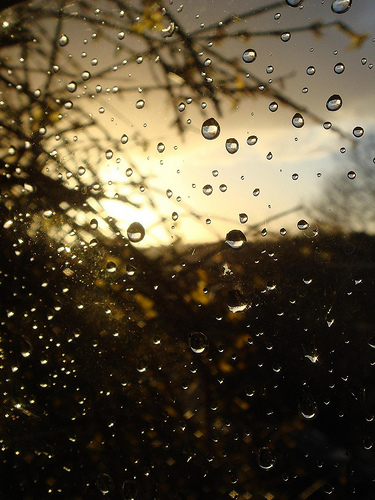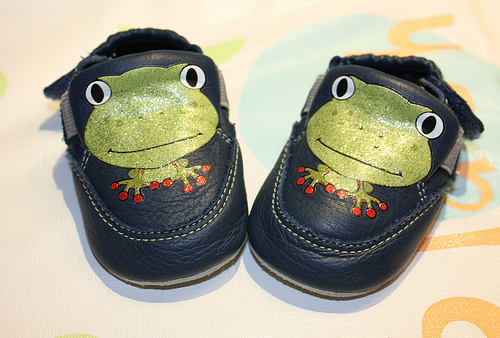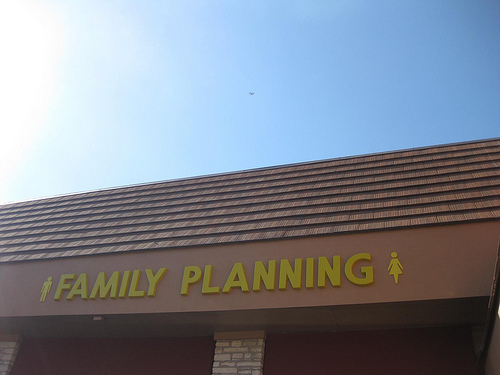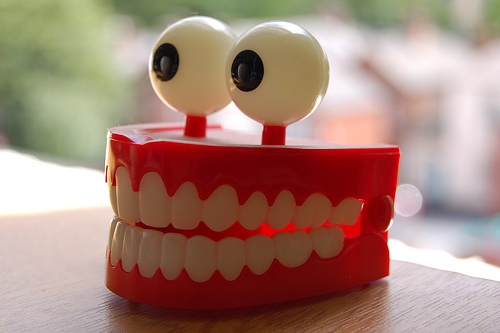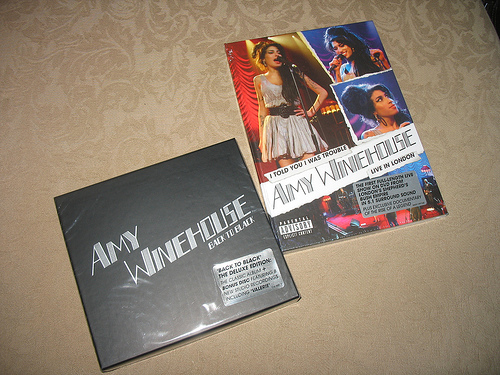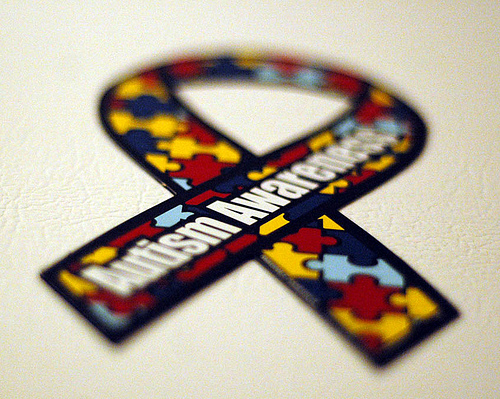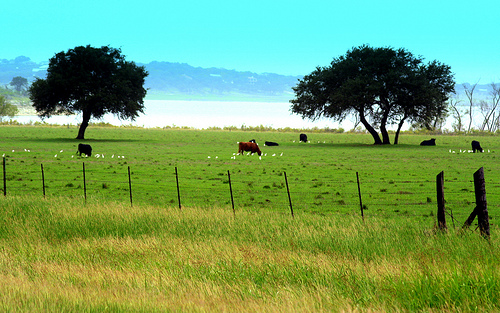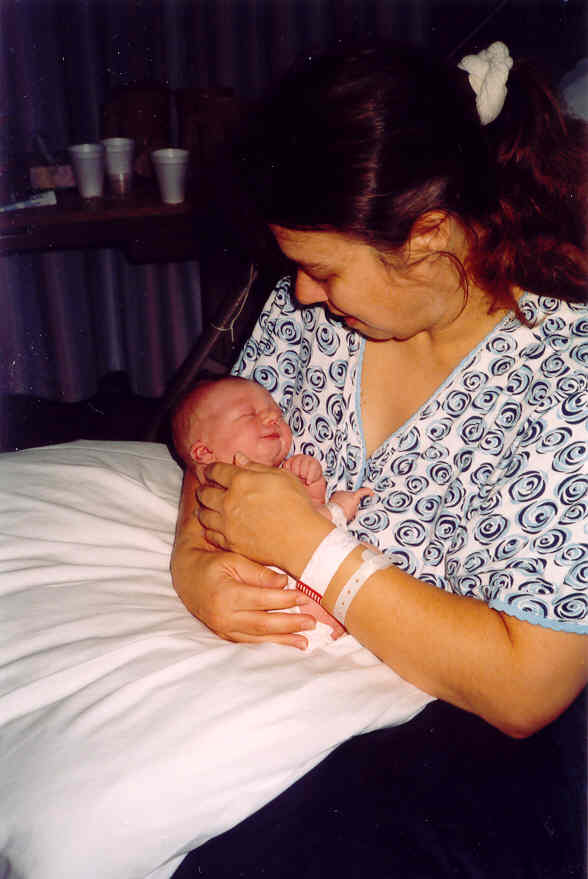 It was bittersweet, that freezing cold day in February, 2003.
It was bittersweet, that freezing cold day in February, 2003.
I was at a conference with a number of my co-workers, which really meant that I was subjected to a day of boring talks that I had to pretend to be utterly fascinated by. The trade-off was the free lunch, and I have to give the conference venue credit: it was outstanding grub.
After lunch, we had a bit of free time before the session reconvened. I decided to check the messages on my cell phone, so I turned it on and started fiddling with the buttons to get to the voicemail. When it vibrated in my hand, I almost jumped out of my skin. The incoming call was coming from a number I did not recognize.
Gerard, calling from a payphone. At the hospital, of all places.
He was calling to deliver bad news: his dad had been diagnosed with colon cancer. There was a possibility that it had spread to the liver. Tests were underway to find out.
I whispered a few words of explanation into the ear of one of my colleagues and ran to my car. An hour later, I was giving my father-in-law a hug at the hospital. He was looking remarkably cheerful for someone who had just received dire news. Either he was using humour as a coping mechanism, or the doctors had done a really good job of giving him hope.
Much later that night, Gerard and I left the hospital and went home. While he was Googling something-or-other, I locked myself into the bathroom and surreptitiously peed on a stick.
Three minutes later, the stick told me that while one life was fading away, another one was just beginning.
At our first ultrasound a couple of weeks later, we held hands as the technician showed us our baby on the monitor. His heart was beating solidly; and even though he was about the size of a grape, we could clearly see his little legs waving around.
Everything looks great, the technician told us. This is a good-looking baby.
Gerard and I finally allowed ourselves to feel a lick of hope for the first time since we found out we were having a baby. We had suffered a miscarriage several months previously; we had not really trusted that we would actually get to the point of seeing a healthy baby. We had several weeks to go before we would pass the point at which our previous pregnancy had failed, and we would hold our breaths until then. But seeing a strong, healthy baby was something that we had not experienced.
After the ultrasound, we drove straight to Gerard’s parents’ home to see them. Now that we had gone through the ultrasound, we felt OK about telling them. We showed my father-in-law the ultrasound picture, and said to him, “If the baby is a boy we’re going to call him George, after you.”
With his eyes flashing with humour, my father-in-law said, in his characteristic Irish brogue, “Aaaah, don’t do that to the poor child!”
Less than a month later, I stood in the cemetery with snow swirling around me as my father-in-law was laid to rest. As I said goodbye to one George, my hands protectively cradled the belly in which another was growing .
As one life ends, another begins. And the spirit of the old lovingly watches over the soul of the new.
(Photo credit to the author.)





